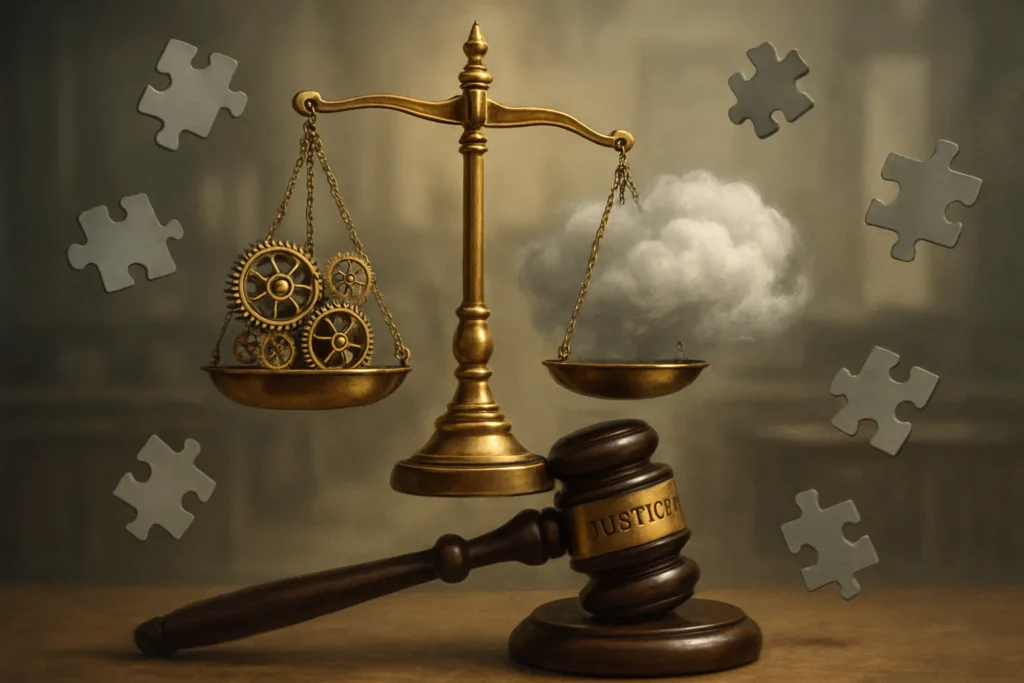Jury Struggles with Racketeering Charge
The jury in Sean ‘Diddy’ Combs’ federal trial continues its deliberations, grappling particularly with the serious racketeering conspiracy charges. Comprising eight men and four women, the jury has indicated significant disagreement and deadlock, especially in regard to the complex nature of racketeering allegations. After two full days of deliberations, the jurors notified Judge Arun Subramanian of their struggle to reach a unanimous conclusion, mentioning specifically that some jurors had “unpersuadable opinions on both sides,” underscoring the significant challenges faced in reaching consensus.
On Monday, deliberations started around 11:30 a.m., and the jury spent more than five hours without reaching a verdict. Jurors raised a variety of crucial questions throughout the process, including inquiries about the specifics of drug distribution under the Racketeer Influenced and Corrupt Organizations Act (RICO). Specifically, confusion arose regarding whether handing someone drugs constitutes trafficking if the recipient explicitly asked for the drugs. This point proved crucial because the prosecution alleged drug distribution was one of the predicate crimes supporting the racketeering charge.
The jury must unanimously determine that Combs committed at least two predicate crimes, such as kidnapping, arson, bribery, or drug distribution, as part of an illegal enterprise.
“These questions suggest the jurors are carefully scrutinizing the complex nature of racketeering statutes and considering the precise legal definitions involved,” commented a legal expert closely observing the trial proceedings.
Considering the gravity of this charge, where a conviction could lead to a life sentence, the jurors have demonstrated clear intent to thoroughly examine every detail and testimony presented during the trial.
Reviewing Critical Testimonies and Allegations
Jurors have taken significant time to revisit testimony involving alleged violent incidents crucial to the prosecution’s case. Specifically, they requested to review accounts from Cassie Ventura, Combs’ ex-girlfriend, detailing accusations of violent episodes, including an alleged assault at the InterContinental Hotel in 2016, an incident labeled as a “freak off” at the Essex House hotel, and another controversial event at the Cannes Festival where Ventura claimed she was forcibly removed from a yacht and subsequently faced threats regarding the release of a private sexual video.
Additionally, the jurors requested a review of testimony given by Daniel Phillip, a key witness and former stripper. Phillip claimed to have been paid to engage sexually with Ventura and testified that he witnessed Combs physically assaulting her. This testimony is central to the prosecution’s narrative alleging Combs orchestrated a coercive control and abuse dynamic within his relationships.
This detailed revisitation of testimony indicates the jury is meticulously dissecting the credibility and weight of the prosecution’s evidence.
“The jurors’ focused review on specific incidents and witnesses suggests their struggle to conclusively determine if these actions constitute the predicate crimes necessary for the racketeering charge,” noted one courthouse correspondent.
Throughout the trial, prosecutors depicted Combs as the head of a violent enterprise using intimidation and control, while the defense consistently portrayed their client as being unfairly targeted, arguing that all interactions described were consensual.
Broader Implications and Context of the Trial
This federal trial marks one of the most significant cases involving allegations of power abuse and sex trafficking within the entertainment industry. Sean Combs, also known as Diddy, Puff Daddy, and founder of Bad Boy Entertainment, is a prominent figure, and the accusations cast substantial scrutiny on issues of exploitation and abuses of power in celebrity culture.
The charges against Combs, who has pled not guilty, specifically include three counts of sex trafficking related to alleged coercive incidents involving girlfriends, and two counts of transportation intended to engage in prostitution, highlighting broader societal issues like consent, celebrity influence, and exploitation. The racketeering conspiracy, however, is the most significant charge and would require proving the existence and operation of a multifaceted criminal enterprise.
This trial has also highlighted the complex nature of RICO charges, originally enacted in 1970 to combat organized crime but increasingly applied in broader contexts, such as high-profile cases involving celebrities or corporations accused of orchestrated criminality. The noted deadlock in Combs’ trial underscores how challenging it can be for jurors to reach consensus on complicated legal definitions and sprawling allegations.
Whatever the outcome, legal experts predict this trial will have lasting implications for how prosecutors approach similar cases involving figures of significant public influence.
“The outcome of this case is likely to send a powerful message regarding accountability and the scope of criminal enterprise statues in celebrity scenarios,” explained Sarah Thompson, a professor of law specializing in celebrity and criminal law.
As deliberations continue, the jury remains engaged in an intense review of the details, striving towards a verdict amidst significant public interest and legal complexity.


